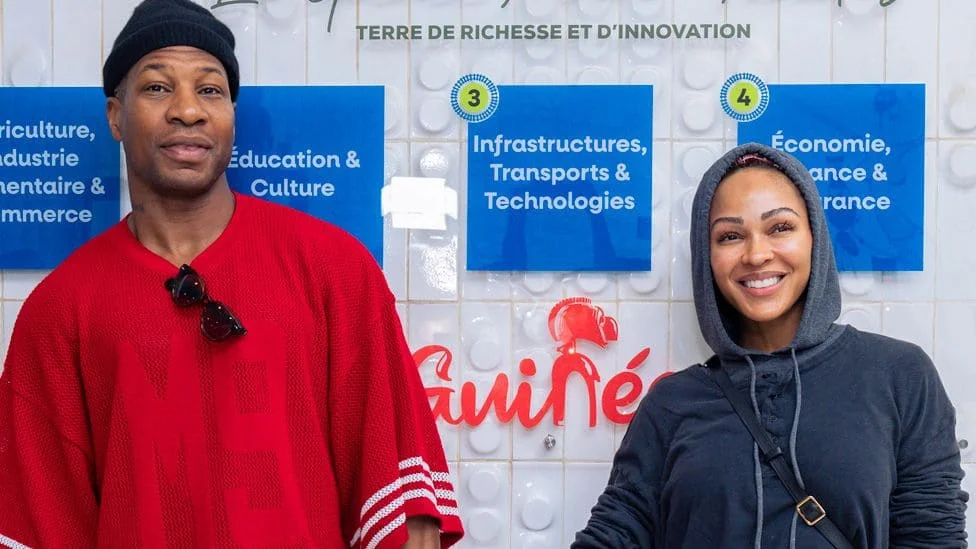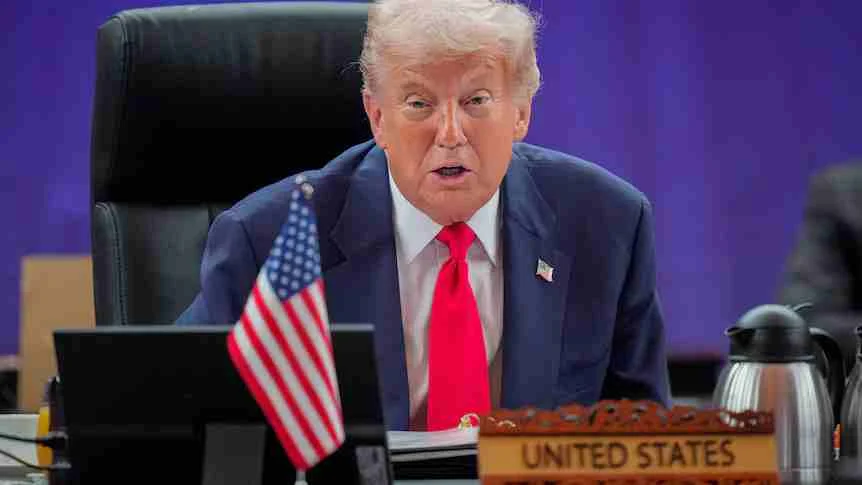Child protection organizations in Kenya are sounding the alarm over a rising number of sexual abuse cases involving overseas perpetrators, as highlighted by the guilty plea of 61-year-old American missionary Gregory Dow in a US court in June 2020 for abusing four girls at his Boito, Kenya, orphanage between 2013 and 2017.
A 71-year-old German national, Thomas Scheller, was also charged in May 2020 with trafficking, defilement, and child pornography involving five boys aged 10–13 in Nairobi and Kisumu.
These cases underscore systemic vulnerabilities exploited by foreign abusers, exacerbated by poverty and cultural perceptions, with concerns growing over online abuse during Covid-19 lockdowns.
Exploitation Enabled by Trust and Poverty
Mueni Mutisya, head of Kenya’s Anti-Human Trafficking and Child Protection Unit (AHTCPU), established in 2016, reported rescuing 230 children from local and international perpetrators between 2018 and 2019.
She said that trust in white foreigners, often seen as “superior beings” offering education and food, makes children in impoverished communities easy targets.
“These are people living in abject poverty, so when someone promises to get your children an education, they’ll go for that,” Mutisya said.
In coastal areas like Mombasa, “beach staders” act as fixers, connecting tourists with children for sexual exploitation under the guise of selling safaris or massages.
Paul Adhoch, executive director of Trace Kenya, noted that families often overlook these activities when children receive gifts, which victims initially perceive as privileges.
“It dawns on them that they are actually victims of abuse,” he said. Adhoch cited cases of girls filmed naked for US livestreams, paid in Bitcoin, who did not recognize their exploitation.
Covid-19 and the Rise of Online Abuse
The Covid-19 lockdown, enforced in Kenya from March 2020, heightened risks of online child sexual exploitation and abuse (OCSEA).
The WeProtect Global Alliance warned of increased “sexual coercion, extortion, and live-streaming abuse in home environments” as children spent more time online.
A 2021 Disrupting Harm report found that 5–13% of internet-using Kenyan children aged 12–17 experienced OCSEA in the past year, often by known perpetrators like family or trusted adults.
Social media platforms, gaming sites, and chat rooms have become grooming hubs, with perpetrators exploiting Kenya’s status as an East African tech hub.
Kelvin Lay, director of global operations at Overwatch, compared Kenya’s emerging live-streaming abuse trend to Asia’s, where perpetrators in countries like the UK and US direct abuse via video calls before traveling to commit physical acts.
“At some point, that isn’t sufficient for them anymore, so they jump on a plane,” Lay said.
In Kibera slum and Mombasa, detectives identified locations where traffickers film children for 10–15-minute live streams, dismantling setups before police arrive.
Enforcement Challenges and Innovations
The AHTCPU, with a new Mombasa branch opened in February 2020, uses digital forensics and collaborates with the National Center for Missing and Exploited Children’s (NCMEC) CyberTipline, receiving 12,788 reports of child sexual abuse material (CSAM) in 2019.
However, Kenya is Africa’s only country with a secure NCMEC link, and most of the continent’s 1.8 million referrals go uninvestigated due to resource constraints.
The unit plans to deploy AI software to prioritize referrals, per Lay, while Mutisya noted UK alerts about known offenders traveling to Kenya help prevent crimes. She urged other nations to share such data.
Despite progress, including 120 girls rescued from Ugandan trafficking in January 2020, enforcement faces hurdles.
Corruption among police and court officials, with bribes warning traffickers of raids, undermines efforts, per a 2023 US State Department report.
A 2023 Equality Now and Trace Kenya brief highlighted inadequate data collection and a drop in victim age from 16 to 12 during the pandemic, complicating responses.
Calls for Action
Kenya’s 2022 National Plan of Action on OCSEA and laws like the 2022 Anti-OSAEC Act signal commitment, but implementation lags.
Adhoch and Tsitsi Matekaire of Equality Now called for increased funding, awareness, and multi-sectoral collaboration to combat digital CSEA, noting its transnational nature via encrypted networks and the Dark Web.
Mutisya emphasized online counseling and partnerships with tech companies to ensure safe platforms.
With 19,000 children among 35,000–40,000 sex trafficking victims in Kenya, advocates urge stronger regional cooperation and survivor-centered policies to end impunity.






